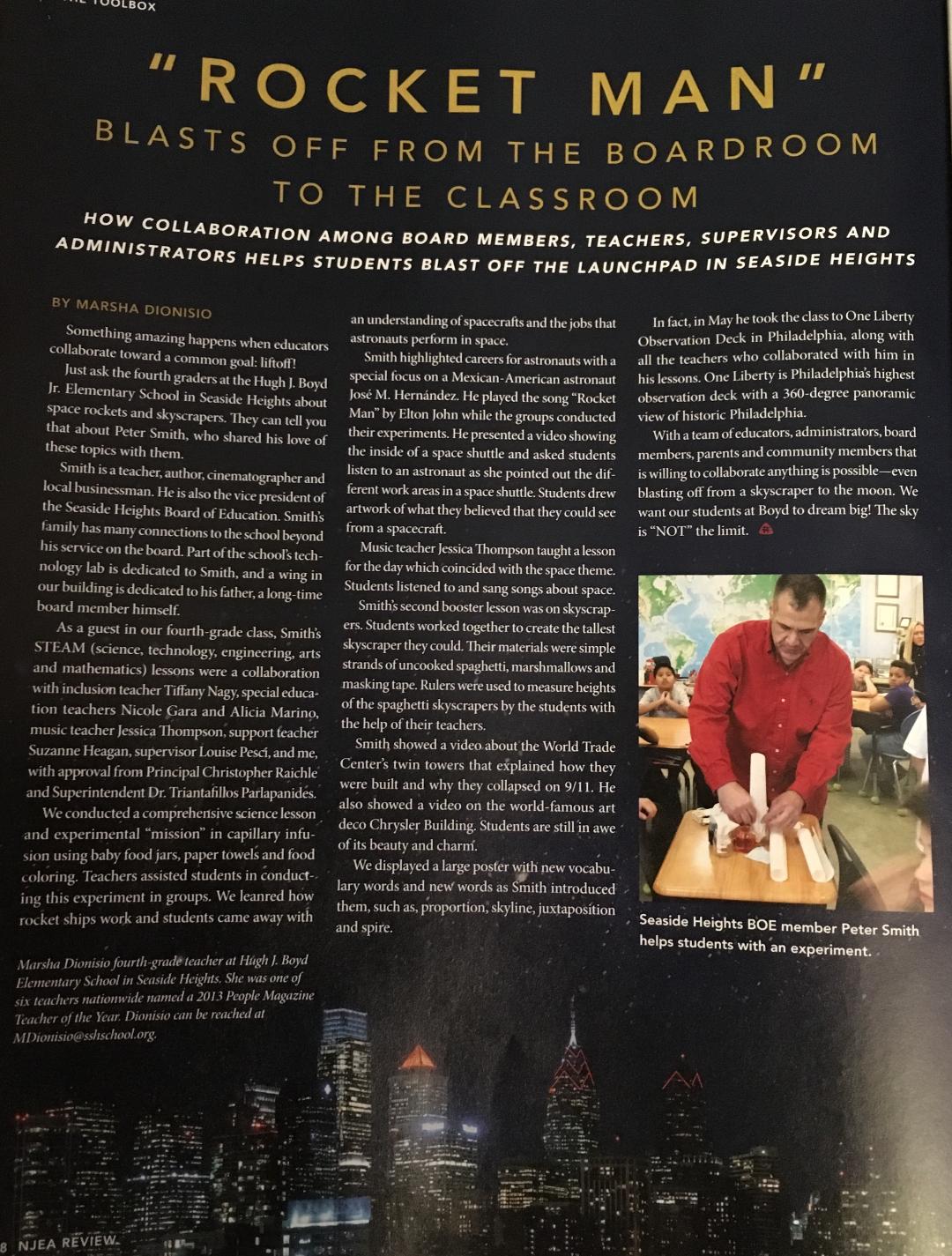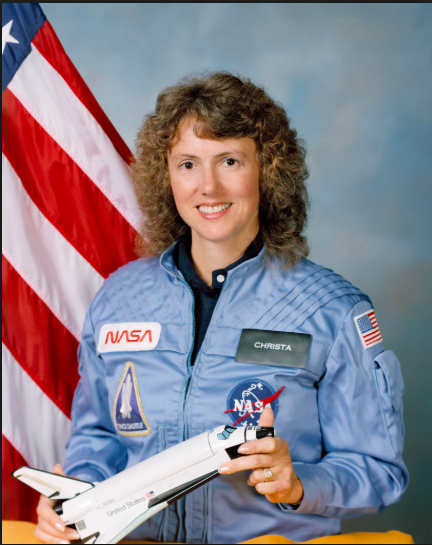What is educational research and what does it mean to the day-to-day educator like ME?
If you look at the main page of the Teacher in Cyberspace blog, which is teacherincyberspace.wordpress.com, you will see the following quote by an educator in Victoria, Australia and it says, “Inform yourself, establish a contemporary catalogue of research and theory to underpin the innovation and guide the development of a culture of change’. (Alan Baker, Ainslie Park Primary School).”
“What you talking about, Willis????”
Some of you will recognize the title line of this paragraph from the series Diff’rent Strokes from the early 80’s, and how little brother Arnold would ask this question to his older brother Willis when he did not understand something. So since many people do not understand the Australian quote, you might be looking at me and asking like Arnold does to Willis! So, we are going to take it word by word.
Inform Yourself?
Years ago, prior to the dawn of the internet, ‘research and theory’ was limited to PRINT from educational journals. In the modern day, we can find research easily on the World Web Web. It is your job to inform your teaching practice (pedagogy) and to inform yourself. BUT, I have learned NEVER to trust hyperlinks. If I find a good article, I PRINT IT!!! So should you. DO NOT trust hyperlinks. Today’s active link is tomorrow’s “404-ERROR” message!
Today, I found the following article at this listed link that was listed when I simply put into Google, “What is educational research and what does it mean to the day-to-day educator like ME?”, which you will recognize as the ‘burning question’ today/ I found the following example of research and theory that can be associated with it. This is just one example of many that I found:
Even though it is a great source and example (and we will look into it in more detail in the next post) don’t think it is going to always be there! I give the same chance to all. This link, and any, has about a 50/50 chance of existing in a year from now, I would say. If you save a link and find next time it is an error message, that is typical of all articles. SO, I PRINTED IT, used a tiny clamp to secure the printed document, and added it PERMANENTLY to my ‘contemporary catalog’, which means research and theory I have found from roughly the last 5-10 years about the subject I like or the question I am asking. (more about printing and securing cost-effectively will be in another post)
Underpin the Innovation?
Underpin, underline, highlight, make specific note of, and lots of other possible ways to say the first part of the sentence might work, but for the ‘innovation’, it means change. This change is specifically a school change, and EVERY TEACHER can be part of change . Notice, it says specifically that it is a ‘culture of change’. Culture means a shared, learned experience. Share and learn with your TEACHER COLLEAGUES, be them in the next room or across the globe via technology!
That’s enough for now, until next time, I remain your humble teacher colleague, a TEACHER IN CYBERSPACE!



